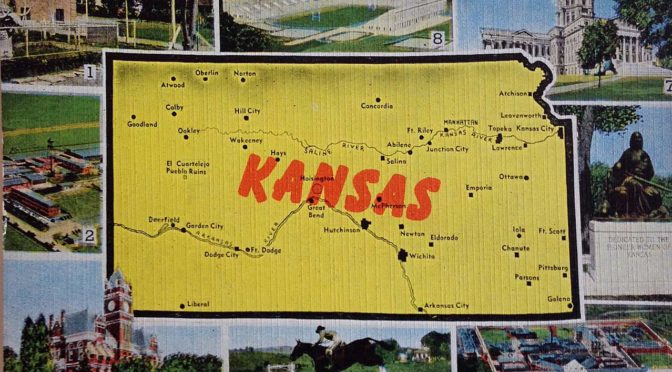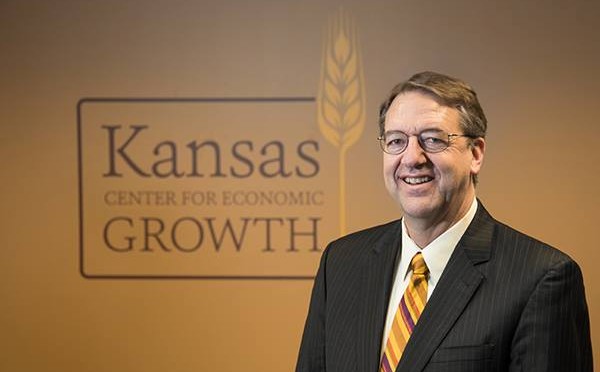Tag: Kansas Center for Economic Growth
-

Happy Fiscal New Year, Kansas (not)
A Kansas public policy group celebrates tax increases. But it isn’t enough, and more reform is required.
-

Decoding Duane Goossen
When reading the writings of former Kansas State Budget Director Duane Goossen, it’s useful to have a guide grounded in reality.
-

Kansans are concerned about the level of state spending on schools
A public opinion poll asks whether Kansans are concerned about school spending, but leaves us wondering why they are concerned.
-

Year in Review: 2016
Here are highlights from Voice for Liberty for 2016. Was it a good year for the principles of individual liberty, limited government, economic freedom, and free markets in Wichita and Kansas?
-

The plan to raise your taxes that can’t be found
A coalition of Kansas advocacy groups wants to raise your taxes, but the plan is difficult to find.
-

Electioneering in Kansas?
An op-ed written under the banner of a non-profit organization appears to violate the ban on electioneering.
-

Under Goossen, Left’s favorite expert, Kansas was admonished by Securities and Exchange Commission
The State of Kansas was ordered to take remedial action to correct material omissions in the state’s financial statements prepared under the leadership of Duane Goossen.
-

Kansas Center for Economic Growth
Kansas Center for Economic Growth, often cited as an authority by Kansas news media and politicians, is not the independent and unbiased source it claims to be.